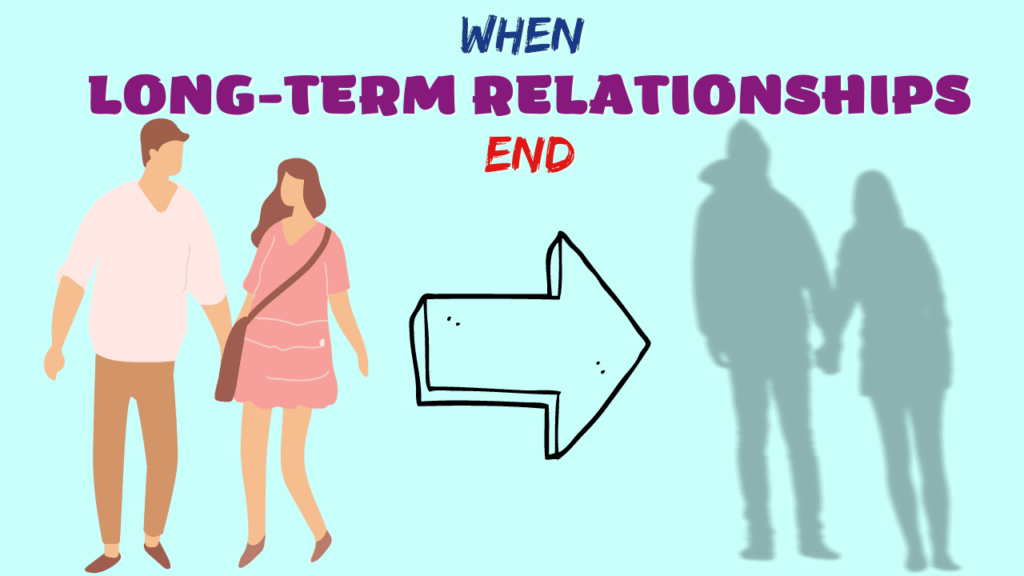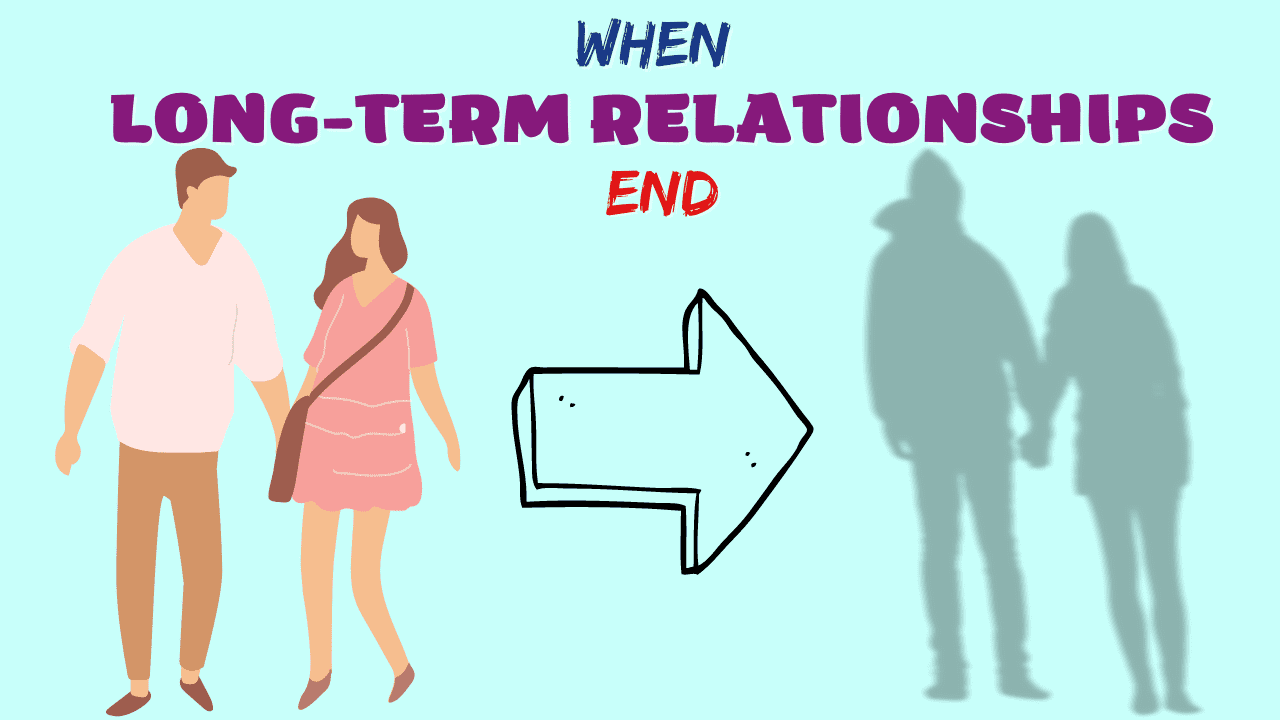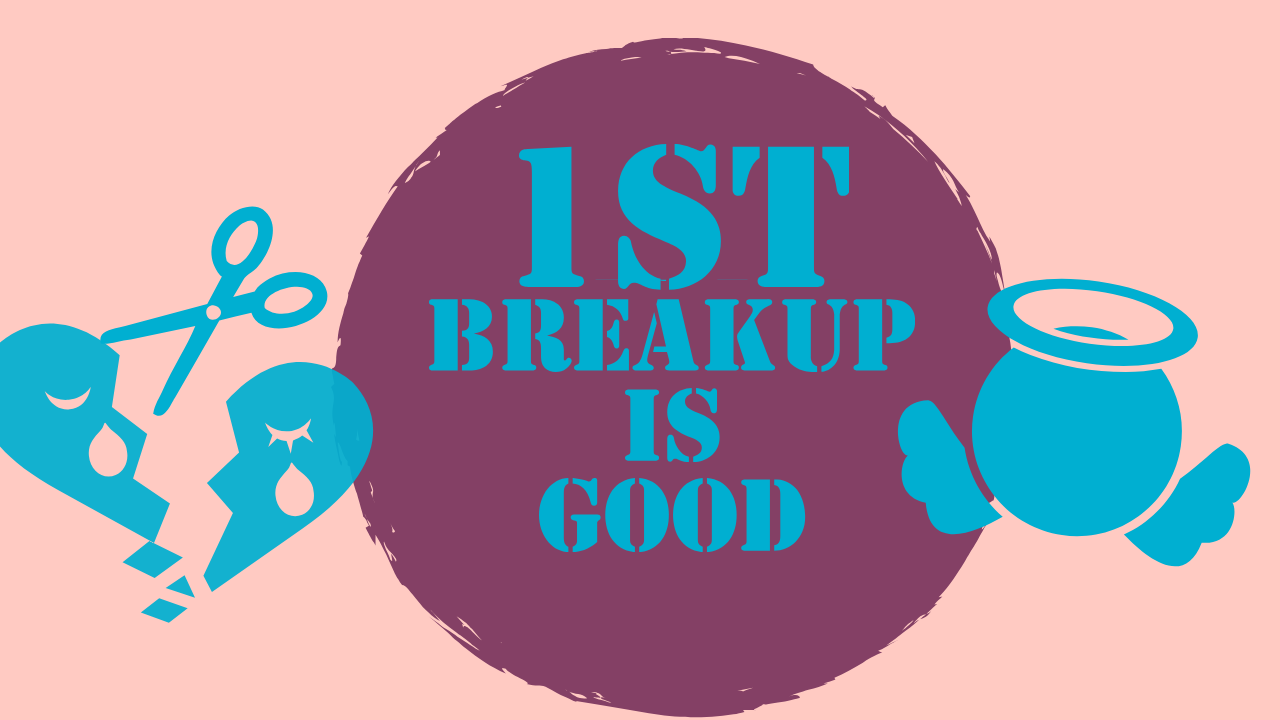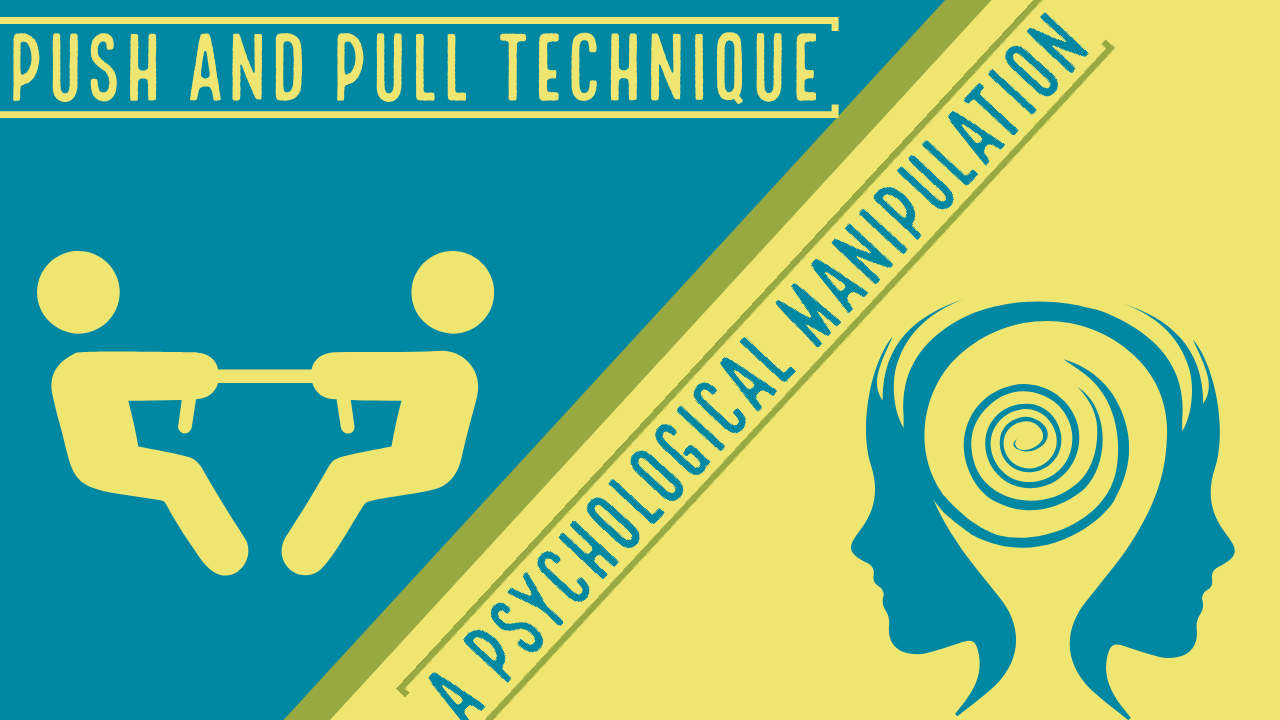When long-term relationships end, there are no winners. There are just people who couldn’t detect or communicate their issues, fears, and temptations and failed to grow their bond before it was too late. In this day and age, ex-couples tend to make excuses for the demise of their relationships by saying, “We weren’t compatible and meant to be. We grew apart.”
Few of them actually ask themselves what caused them to grow apart and why they refused or failed to resolve their differences before those differences snowballed into disagreements, issues, and maybe even resentments. From my understanding, the reason ex-couples give vague answers or avoid telling the truth altogether is that they don’t like taking responsibility.
They feel that they’ve already given their relationship a fair chance and that it’s too late to salvage it. They’ve done too much damage and slaughtered too much love and willpower to fix something that gives them pain and anxiety. This is why they make excuses and can’t admit to making mistakes.
If they were to admit mistakes, they would give each other reassurance and give away a lot of their personal power. They would also give the impression that they’re still willing to work things out when in reality they don’t want to get involved with a person they no longer love. They just want to get some space from each other and everything that reminds them of the relationship.
This is what amicable breakups look like. One-sided breakups, however, are slightly different. Instead of both parties being done with the relationship, someone still has feelings for the other. Someone still hopes that the other person will change his or her mind about the relationship and come back to fix things and give love another chance.
That someone is, of course, the dumpee because the dumpee is broken-hearted and thinks that the relationship had made him or her happy and that it’s worth saving. Little does the dumpee know that breakup pain is obscuring his or her perception of the relationship and that the dumper may not be who he or she presented himself or herself to be.
Even though the dumpee may have spent years with the dumper, the truth is that couples don’t ever get to fully know each other. They come close to discovering their partner’s true personality based on their partner’s behavioral patterns, but they tend not to see their partner’s worst colors and patterns until they’re no longer wanted and loved.
That’s when their partner or ex-partner shows them how he or she deals with people he or she no longer loves and benefits from romantically.
So if you were in a long-term relationship with someone you loved or if you know someone who has just come out of one, keep in mind that relationships and breakups have very little in common. In relationships, couples are in love and fight for love whereas in breakups, the dumper gives up and detests the idea of getting back together.
This causes the dumpee to consider himself/herself a failure and engage in self-blame.
In this post, we’ll discuss why long-term relationships end and what you should do when you get broken up with.

When long-term relationships end
When long-term relationships end, this happens because couples can’t see eye to eye. They disconnect emotionally and/or disagree on the most fundamental things that comprise a romantic relationship.
As a result, they then divide into two groups; dumpees and dumpers.
Dumpers typically don’t want anything to do with the dumpee. They have emotionally checked out of the relationship a long time ago and want to be left to their own devices. Dumpees, however, get rejected as romantic partners and tend to go through one of the most challenging times of their lives, known as the painful stages of no contact.
They get dumped and abandoned, so they have no choice but to deal with separation anxiety, fears, and shattered self-esteem on their own.
Because humans have different coping mechanisms, perceptions of themselves, and understanding of their relationship, they respond to breakups differently. Some cry, some verbally express their pain, some bottle up emotions, but almost all get affected in one way or another.
This is because people, in general, know that their selfish/impulsive actions hurt others—and don’t like causing pain. They feel bad about it when they cool off, so they respond to guilt in a way that suits their personality.
People with high or decent moral values but a poor understanding of breakup dynamics oftentimes contact their exes and bother their exes with apologies and breadcrumbs. They don’t know that they’re doing more harm than good, so they stay in their exes’ lives, give them hope, and confuse them.
Some people also lie to themselves and try to convince themselves that they couldn’t save the relationship. They tell themselves that their life is theirs to live and that they deserve to be happy with someone who appreciates them and understands them. Such people tend not to reach out to their exes because they associate negative feelings with their exes and refuse to do anything to improve them.
Hating or viewing their exes in a poor light gives them the strength and determination to keep thinking of themselves as victims.
Only the most mature and developed dumpers offer to help their dumpees after the breakup and leave the dumpees alone to heal. Such dumpers know that dumpees need time to heal and that they’re responsible for dealing with their own guilt, anger, curiosity, and boredom.
They know that they shouldn’t seek help from their dumpees because dumpees have more important things to worry about. Things such as recovering from the post-breakup blues and rebuilding their lives without their exes.
Why do long-term relationships end?
Long-term relationships end for many reasons. It’s impossible to list all of them, so we’ll just mention the most common ones.
- Poor communication and relationship skills
- Misunderstandings
- Immaturity (unhealthy relationship mentality/thinking patterns, poor impulse control, high ego, pride)
- Unresolved childhood issues
- Traumas, fears, addictions
- Self-neglect
- Poor emotional health, mental health issues, poor social life
- A lack of ambitions/purpose in life
- A lack of gratitude, willpower, commitment, morals
- Temptations (emotional/physical cheating)
When stable long-term relationships end, this happens because couples worsen their perceptions of each other and take certain parts of the relationship for granted. They neglect each other’s needs, intentionally or unintentionally hurt each other, and give anger, detachment, and contempt a chance to grow.
Not all ex-couples hate each other and take revenge, of course. But many do treat each other worse than they deserve to be treated and walk away by associating unhealthy thoughts and feelings with each other. They’re just so hurt that they give rise to emotions that protect them from the injustice they had suffered.
Long-term relationships also end because couples don’t understand their thought process and emotions. They tend to blame each other for their hurt feelings and instead of doing their best to resolve arguments, ignore them and/or make them worse.
This is how they get more and more distant and eventually break up.
When we learn of a long-term couple breaking up, we normally assume that the couple had been fighting over typical relationship killers like money, responsibilities, and children. We completely forget that there’s never just one specific thing to blame for the breakup and that the couple had been trying to make the relationship work for a long time before they finally decided to call it quits.
Most relationships that end don’t end suddenly – out of the blue. They only appear to end that way because couples don’t always talk about breaking up. More often than not, they disagree, argue, lessen communication, become cold/unreceptive, and then when all hope is lost, make a quick decision to break up.
What to do when a relationship ends?
Whether you’re the dumpee or the dumper, you have a lot of work to do after the breakup. You may feel like it’s time to forget the past and get involved with someone new, but if you do that, you won’t learn anything from the breakup. You’ll just move on and encounter the same or similar issues with someone else.
So make sure not to rush into a relationship with someone else and instead, invest in yourself. Reflect on your shortcomings and mistakes and improve the things that need to be improved. This is your chance to grow and make sure that history doesn’t repeat itself.
And you can do that only if you leave your ex alone and go indefinite no contact. That way, you can let your broken relationship rest and recover from issues that haunted it. If you don’t give the relationship a break, you’ll likely give your ex more of what he or she doesn’t want or need and complicate an already complicated situation.
That’s why the best thing you can do when a relationship ends is not to resist its end at all.
If you’re the dumper, encourage your ex to reach out if he or she is struggling to cope with anxiety and then leave your ex alone. Nothing good will come of communicating with your ex because you’ll be giving your ex false hope and unnecessary anxiety.
But if you’re the dumpee, then you’ll also have to leave your ex alone – just for different reasons. You’ll have to do it to focus on yourself, preserve your worth, and give yourself a chance to detach and fall back in love with yourself.
No matter what you want to achieve from the breakup, the end of the relationship doesn’t mean it’s time to lean back and sip cocktails. If anything, it’s time for both of you to grow within. You have to take the breakup seriously because no matter how you look at it, it’s evident that you’ve failed to work together as a couple and give your long-term relationship what it needed to thrive.
You may not be able to fix the past, but you don’t need to. You just have to be open-minded and willing to learn the lessons this experience is trying to teach you. If you can do that, you’ll soon process the breakup and acknowledge that you were both somewhat responsible for the breakup.
Did you learn what to do when long-term relationships end? How did you handle your relationship ending? Post your breakup experience below the article.
And if you’re looking for help and guidance regarding your long-term relationship, take a look at our coaching services.
My name is Zan and I’m the founder of Magnet of Success. I enjoy writing realistic relationship and breakup articles and helping readers heal and grow. With more than 5 years of experience in the self-improvement, relationship, and breakup sphere, my goal is to provide advice that fosters positivity and success and avoids preventable mistakes and pain. Learn more about me or get in touch today.



I am 22 and I am coming out of my first ever long term relationship (3 years)…
Thanks so much for the wisdom in this article you have shared, I want you to know you have helped me greatly.
Keep up the good work.
Hi Anderson.
I hope the article has been of help and that you recover quickly from your heartbreak.
Let me know if you have any questions or anything.
Best,
Zan
After 25 years together, two children and many experiences, my marriage ended a year and a half ago. I didn’t see it coming until the last two months. We had no conflicts, no apparent problems, but her romantic love was over. She began to think that the ‘grass is greener’ and we slowly lost our connection.
We managed a quick divorce, I applied strict no-contact, and focused on healing my wounds, now scars. I have experienced many emotions, I have learned and grown a lot, and now I am in peace with her and myself.
Zan, I want to thank you for your honest blog, no games to sell false hope and solutions in 30 days. A realistic, pragmatic and insightful approach that has helped me to reflect (and still does!) a lot in my journey during the the last year.
I hope you continue to grow in your work. Best of luck
Hi Jim.
I’m sorry to hear this. It does look like your ex got GIGS and stopped investing in the relationship. She fell out of love and attached some negative perceptions to your persona.
Make sure to stay in no contact so she gets the space she’s asked for. Only time will tell if she regrets breaking up and wants you back. Be strong for yourself, her, and your kids.
Hang in there, Jim!
Sincerely,
Zan
When my Long-term Relationship ended, it was a one-sided breakup. I hoped that my ex would change his mind about the relationship and come back to fix things and give love another chance.
Little did I know that breakup pain was obscuring my perception of the relationship, and I saw that he wasn’t the person who presented himself.
I saw my partner’s worst colors and patterns in the time when he didn’t care/love me.
I took the breakup seriously, started to be open-minded, and still have the will to learn the lessons and what this experience is trying to teach you.
And all these thanks to your website articles and one-on-one help all this made me come to the long road.
Thank you, Zan!! Always 🤍
Hi Linda.
I don’t deserve as much credit as you’re giving me, but thank you!
Your ex showed you who he really was when he cheated on you. That’s when you found out how he treats those who can’t contribute to his life anymore. I hope that you were able to fully heal from his abusive actions and that you know what signs to look out for from now on.
Stay strong!
Zan
I ended a four-year relationship due to sexual and religious incompatibility, our inability to get on the same page about having children, and a serious disparity in professional and financial success, all of which precipitated an overall diminishment of attraction and happiness. I agonized for weeks about the decision, but eventually I had to admit that the cons seriously outnumbered the pros. I only contacted the dumpee once after the breakup, when I learned a few weeks later that I’d be moving out of town. We met for coffee, cleared the air, and never reached out to each other again. I started a relationship five months later with the man who’d become my husband.
Hi Jaycie.
You handled the situation well. I know you don’t like the idea of bearing the responsibility of helping the dumpee cope with the breakup, but you had good reasons for ending the relationship and left your ex alone. You even met up to clear the air, so you did well! You helped the guy get closure and move on.
I wish you plenty of health and success in your marriage!
Best regards,
Zan
Hi Zan,
Thank you so much for the blog. Just in general. I m the dumpee, so everytime I miss my ex partner too much or wanted to contact him I just come back and read your blogs. We broke up about 3 month ago. I started therapy to re-evaluate past trauma and how it could have impacted my behavior in this relationship. I learned and was able to re-assess a lot of my thinkings and behaviors. So I think even though it’s a very difficult time for me, I am still grateful and learning a lot about myself.
Elaine
Hi Elaine.
Thanks for reading the blog.
Therapy will help you a lot, but make sure to also improve certain unwanted behaviors so that your next relationship (whether with your ex or someone else) doesn’t suffer from the same issues. The work you do now will pay off later.
Hang in there, Elaine!
Zan